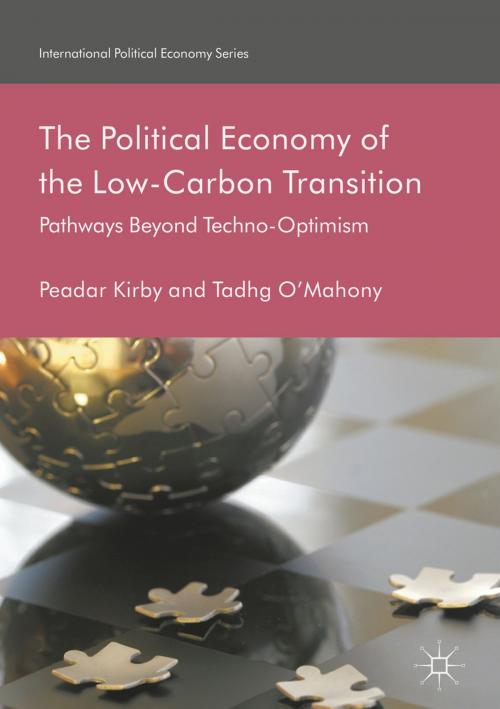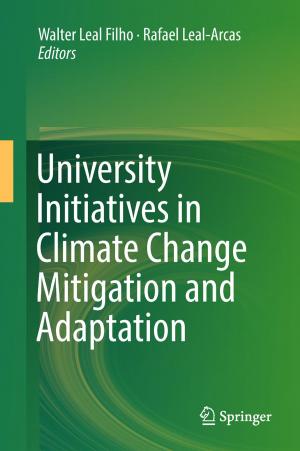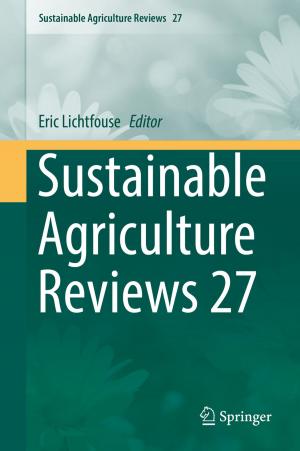The Political Economy of the Low-Carbon Transition
Pathways Beyond Techno-Optimism
Nonfiction, Social & Cultural Studies, Political Science, Politics, Economic Conditions, Social Science, Sociology, Business & Finance| Author: | Tadhg O’Mahony, Peadar Kirby | ISBN: | 9783319625546 |
| Publisher: | Springer International Publishing | Publication: | October 26, 2017 |
| Imprint: | Palgrave Macmillan | Language: | English |
| Author: | Tadhg O’Mahony, Peadar Kirby |
| ISBN: | 9783319625546 |
| Publisher: | Springer International Publishing |
| Publication: | October 26, 2017 |
| Imprint: | Palgrave Macmillan |
| Language: | English |
This book addresses the global need to transition to a low-carbon society and economy by 2050. The authors interrogate the dominant frames used for understanding this challenge and the predominant policy approaches for achieving it. Highlighting the techno-optimism that informs our current understanding and policy options, Kirby and O’Mahony draw on the lessons of international development to situate the transition within a political economy framework. Assisted by thinking on future scenarios, they critically examine the range of pathways being implemented by both developed and developing countries, identifying the prevailing forms of climate capitalism led by technology. Based on evidence that this is inadequate to achieve a low-carbon and sustainable society, the authors identify an alternative approach. This advance emerges from community initiatives, discussions on postcapitalism and debates about wellbeing and degrowth. The re-positioning of society and environment at the core of development can be labelled “ecosocialism” – a concept which must be tempered against the conditions created by Trumpism and Brexit.
This book addresses the global need to transition to a low-carbon society and economy by 2050. The authors interrogate the dominant frames used for understanding this challenge and the predominant policy approaches for achieving it. Highlighting the techno-optimism that informs our current understanding and policy options, Kirby and O’Mahony draw on the lessons of international development to situate the transition within a political economy framework. Assisted by thinking on future scenarios, they critically examine the range of pathways being implemented by both developed and developing countries, identifying the prevailing forms of climate capitalism led by technology. Based on evidence that this is inadequate to achieve a low-carbon and sustainable society, the authors identify an alternative approach. This advance emerges from community initiatives, discussions on postcapitalism and debates about wellbeing and degrowth. The re-positioning of society and environment at the core of development can be labelled “ecosocialism” – a concept which must be tempered against the conditions created by Trumpism and Brexit.















